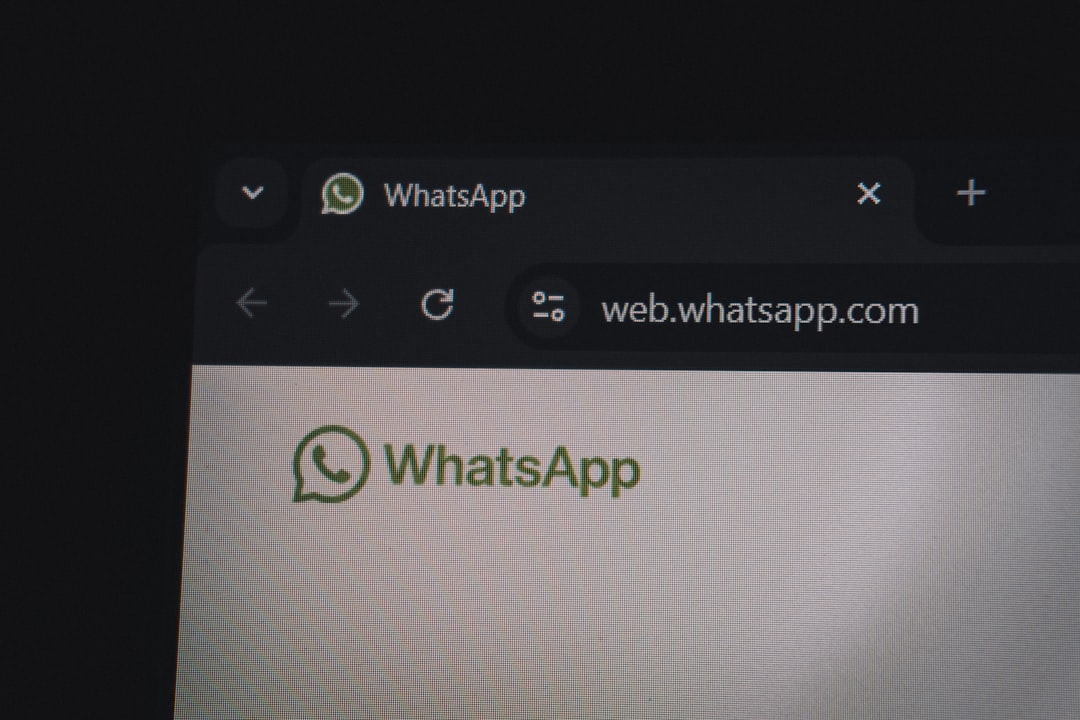Imagine this: your customer sends a message, and within seconds, they get a helpful response. No complicated forms. No waiting on hold with bad music. That’s not a dream—it’s what happens when you integrate WhatsApp into your support and sales system.
WhatsApp isn’t just for chatting with friends anymore. It’s becoming a powerful tool for businesses. If you haven’t added it to your toolkit yet, you might be missing out.
What Is WhatsApp Integration Anyway?
Table of Contents
WhatsApp integration means connecting your business systems—like your customer service platform or CRM—with WhatsApp. This lets you message customers directly from those tools in a fast and organized way.
It turns WhatsApp into a smart business channel.
Why Should You Care?
People already love WhatsApp. It has billions of users around the world. Your customers are probably already using it. So why not meet them where they are?
Here’s why it makes sense:
- Fast communication: WhatsApp messages feel like real-time chats.
- Personal touch: Conversations are more human than emails or forms.
- Images, videos, voice messages: You can send more than just text to help your customers.
- Massive reach: It’s perfect for both local and international customers.
- 24/7 support with chatbots: Answer questions any time, even while you sleep.
Customer Support, But Simpler
Let’s start with support. When customers have issues, they want help fast. Nobody enjoys typing out a long complaint on a website or waiting hours for a reply to their email.
With WhatsApp integration, your support team can receive and reply to customer messages from within your helpdesk system. It’s quick, direct, and easy for both sides.
Here’s how it helps your support team:
- Centralized messages: All WhatsApp chats land in one dashboard. No more opening five tabs!
- Ticket creation: Every conversation can be linked to a support ticket with full history.
- Team collaboration: Agents can work together to solve a single issue.
- Fewer mistakes: With everything in one place, it’s easier to stay organized.

Boosting Sales with Friendly Conversations
Sales isn’t just about pitches—it’s about building trust. WhatsApp lets your sales team talk with potential leads in a relaxed, informal way. It’s how people prefer to communicate today.
Imagine this: A visitor lands on your website and clicks “chat on WhatsApp.” Your team replies instantly. Questions get answered. A deal gets closed—all on their phone, while they wait for their coffee.
Here’s why it’s golden for sales:
- Instant responses: Beat your competition by replying faster.
- Personalized offers: Use details from the chat to tailor your offers.
- Follow-ups made easy: Remind buyers about discounts or new stock with a quick message.
- Build loyalty: A friendly chat leaves a better impression than a cold call.
Automate and Relax with Chatbots
You can’t be online 24/7. But your WhatsApp integration can! Enter chatbots. These smart bots can answer FAQs, guide users to the right menu, or even take orders.
It’s like having an assistant who never sleeps.
Use chatbots for:
- Welcome messages: Greet customers when they say “hello.”
- FAQ answers: Save time by answering common questions automatically.
- Collect info: Ask users for their name, email, or order number.
- Routing chats: Send the conversation to the right department if needed.
And if there’s something the bot can’t handle, it transfers the chat to a human. Smooth and seamless!
Real-World Example
Let’s say you run an online shoe store. A customer just ordered sneakers but picked the wrong size. They open WhatsApp, type a quick message, and instantly get connected to your support rep.
Your agent sees the order history in the CRM. They reply, “No worries! We’ll swap it right out.” Done. No forms. No emails. No angry reviews on social media.
That’s the magic of WhatsApp integration.
Don’t Forget About Notifications
Oh! And there’s more. WhatsApp isn’t just for responding to messages. You can send proactive notifications too.
That means you can:
- Send shipping updates or tracking links.
- Remind customers about a cart they abandoned.
- Confirm appointments and bookings.
- Send personalized offers or coupon codes.
And since WhatsApp messages are more likely to be read than emails, your customers actually see these updates. That’s huge for reducing no-shows and boosting conversions.
What Tools Do You Need?
All this sounds cool, but how do you set it up?
Start by getting a WhatsApp Business API. This is different from the regular app. It’s made for teams and automation. Then, choose a platform or service that helps you connect it with your support and sales systems.
Some popular platforms include:
- Twilio
- 360dialog
- Zoko
- MessageBird
- Interakt
Look for features like:
- Multi-agent support
- CRM integration
- Conversation tagging
- Analytics and reports

Tips for Making It Work Smoothly
To get the most from your WhatsApp integration, follow these simple tips:
- Be responsive: If people message you, they expect a fast reply.
- Use quick replies: Save time with templates for common answers.
- Stay friendly: Keep your tone warm and helpful.
- Don’t spam: Only send messages your customers want.
- Train your team: Make sure everyone knows how to use the tool well.
And always test things before going live. A broken chatbot or wrong reply can do more harm than good.
Final Thoughts
In today’s world, smart communication wins. WhatsApp integration helps your business talk to customers better, faster, and more personally. Whether you’re solving problems, closing sales, or sending updates, you can do it all in one place.
So don’t wait until your competitors figure it out first. Add WhatsApp to your customer support and sales strategy today—and watch the magic happen.

